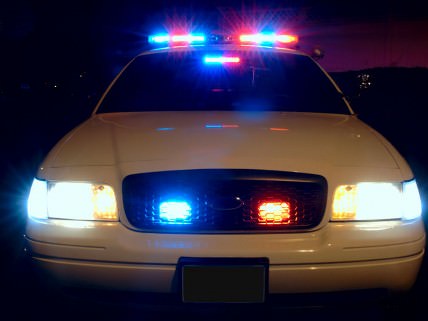Wisconsin Bill Aims to Limit Police Use of License Plate Readers

A bipartisan group of Wisconsin politicians are working on legislation to limit the use of automatic license plate readers by police. Local police chiefs have voiced their disapproval, but the politicians contend that protecting civil liberties must take precedence.
The Wisconsin State Journal explains the basic features of a new bill, which Republicans Rep. David Craig and Sen. Tom Tiffany and Democrat Rep. Fred Kessler (D) circulated for co-sponsorship this week:
The bill would allow the cameras to be turned on only during the investigation of a crime. It also would prohibit sharing the stored information with non-government entities and require data destruction within 48 hours, unless it was necessary for a criminal investigation.
This would be a dramatic reduction of what officers are currently allowed to do. The State Journal revealed earlier this year that police agencies in Dane County, where the capital city Madison is located, used 24-hour surveillance to record over 4 million licenses plates in 3 years. They planned on holding onto those records for 7 years.
Local police chiefs responded critically to the bill, stating that no civil rights violations have occurred and that limiting their use of license plate recorders would impair their ability to effectively solve crimes. Nevertheless, they offered this week to limit the license plate data retention to a single year.
This is not enough for Craig, though. "Seven years is unacceptable. One year is unacceptable," he said to the State Journal, explaining that the practice is "imperiling civil liberties. You have this technology that has been used that without limits by the Legislature can lead to some very, very bad outcomes for constitutional rights." The representative told WXOW, a local ABC affiliate, that he's "concerned not about criminals, I'm concerned about 'John Q Public' that obeys the law and how long his information is on the books," because "government has the propensity to bungle personal information."
Craig's concerns may not be unwarranted. As Reason's J.D. Tuccille and Scott Shackford have highlighted, the use of this police technology in other states has led to behavior that ranges from creepy to outright abusive. The American Civil Liberties Union and Electronic Frontier Foundation have also covered the various dangers license plate readers pose.
